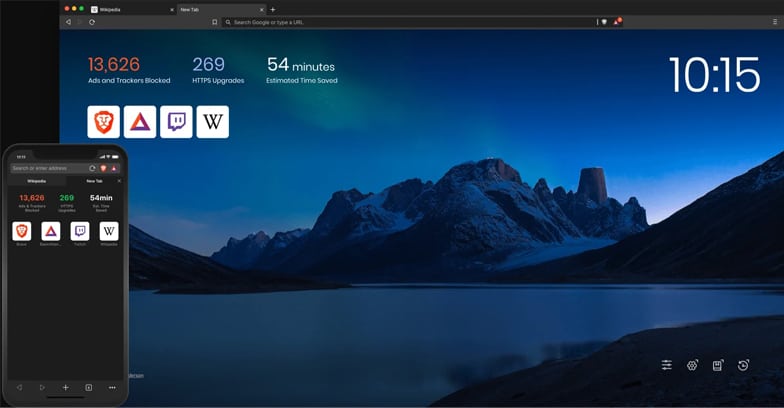

One of the things that using multiple browsers has reminded me of, is that settling for something can numb you. Braves native support for Tor, IPFS and uBlock, alongside with the BAT token (which this site uses) makes it an excellent alternative. On my machine, speed is mainly affected by network conditions and not browser delay. While benchmarks tells a story, it's not the full picture. I'm doing a conscious effort to keep using Brave and, on Google Sheets, falling back to Chrome. You can explore the data in it's full detail here. Having designed a lot of websites in the 2000's, just thinking of Internet Explorer makes me irked, but clearly things have changed. Microsoft has stepped up their game on several areas and, apparently, browsers is one of them. Firefox has returned from the ashes and is now a powerful contender but the browser I should probably give a try is Edge. The one browser I've spent the last week testing, Brave, will be put on hold for a while. Otherwise Firefox would (very nicely) detect an abusive tab and stop it.

Those adds then return money to the individual browsing the web as BAT (Basic Attention Token) which then gets distributed - if you so desire - to the websites where you spent your time. They have a novel concept where adds are automatically stripped ( you can read more on cookies, adds and uBlock here) and replaced by less intrusive adds run by Brave. It's easy to see that Edge is the overall winner. The following table takes chrome as the baseline and and shows a comparison:

The browser I currently use is Chrome so, for me, what really matters is how browsers compare to what I'm using.

I have been following Brave closely for some time, have been using it for a couple of days and decided to benchmark on my machine to see how each browser would stand.


 0 kommentar(er)
0 kommentar(er)
